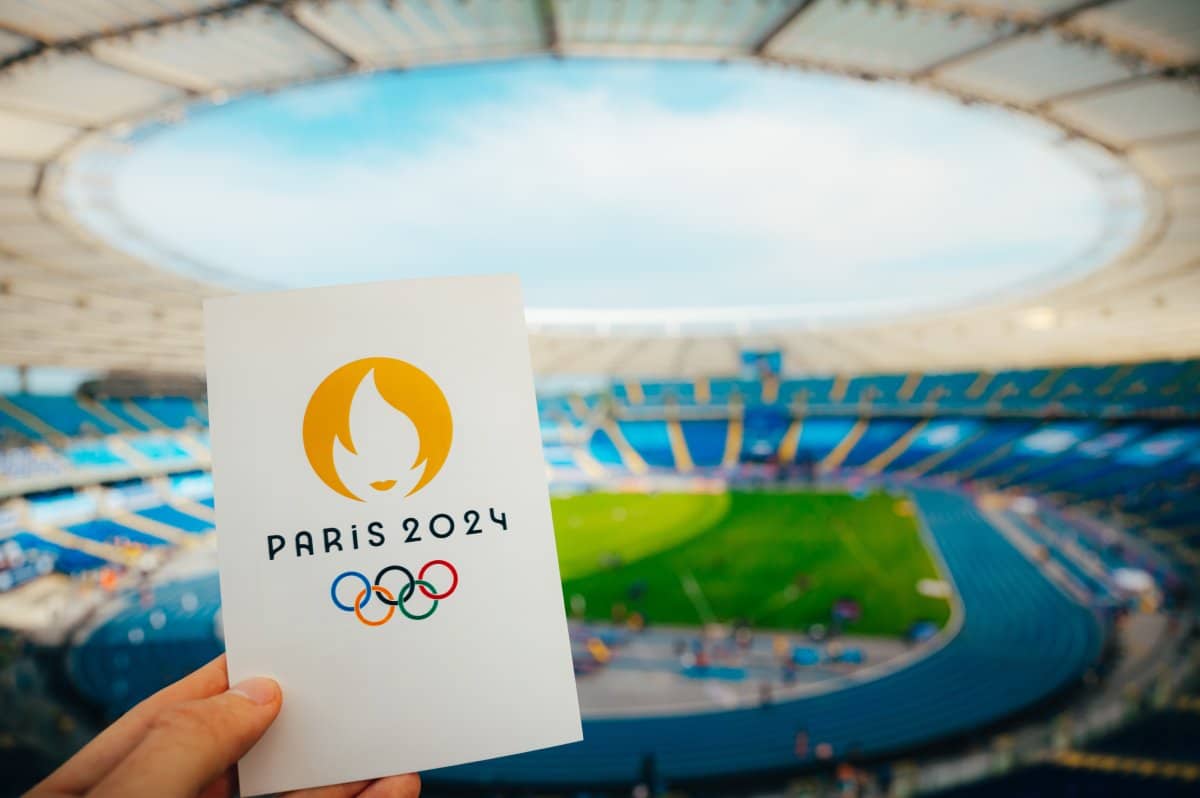A UK-based human rights law firm has accused the IOC of allowing Russian and Belarusian athletes who support the war in Ukraine to compete in the Paris 2024 Olympics, igniting a major controversy. Here’s the full story.
Olympic Level Negligence
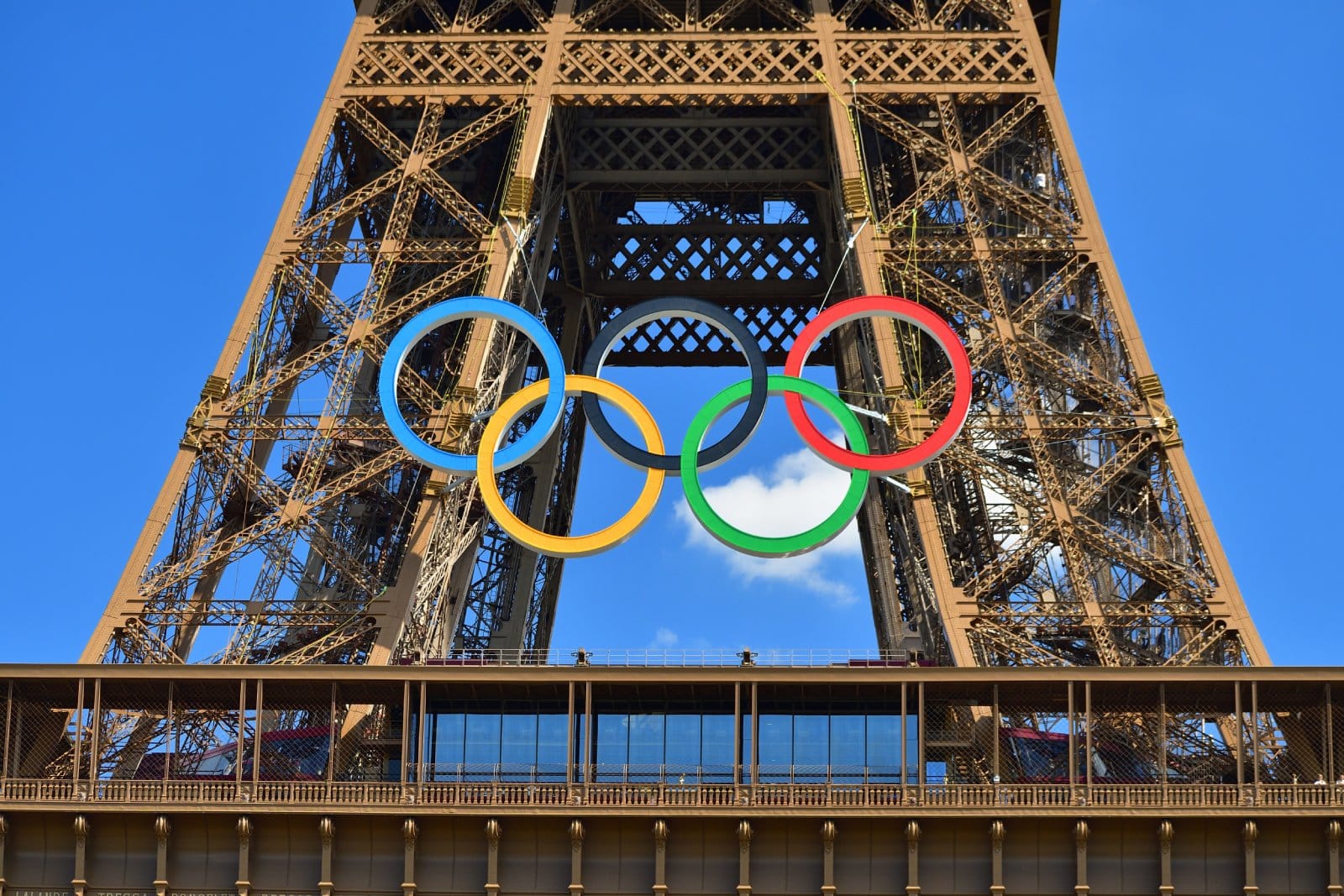
With the Paris 2024 Olympic games now officially underway, a London and Kyiv based human rights law firm has sparked a major controversy by accusing the International Olympic Committee (IOC) of negligence.
Allegations Against Athletes
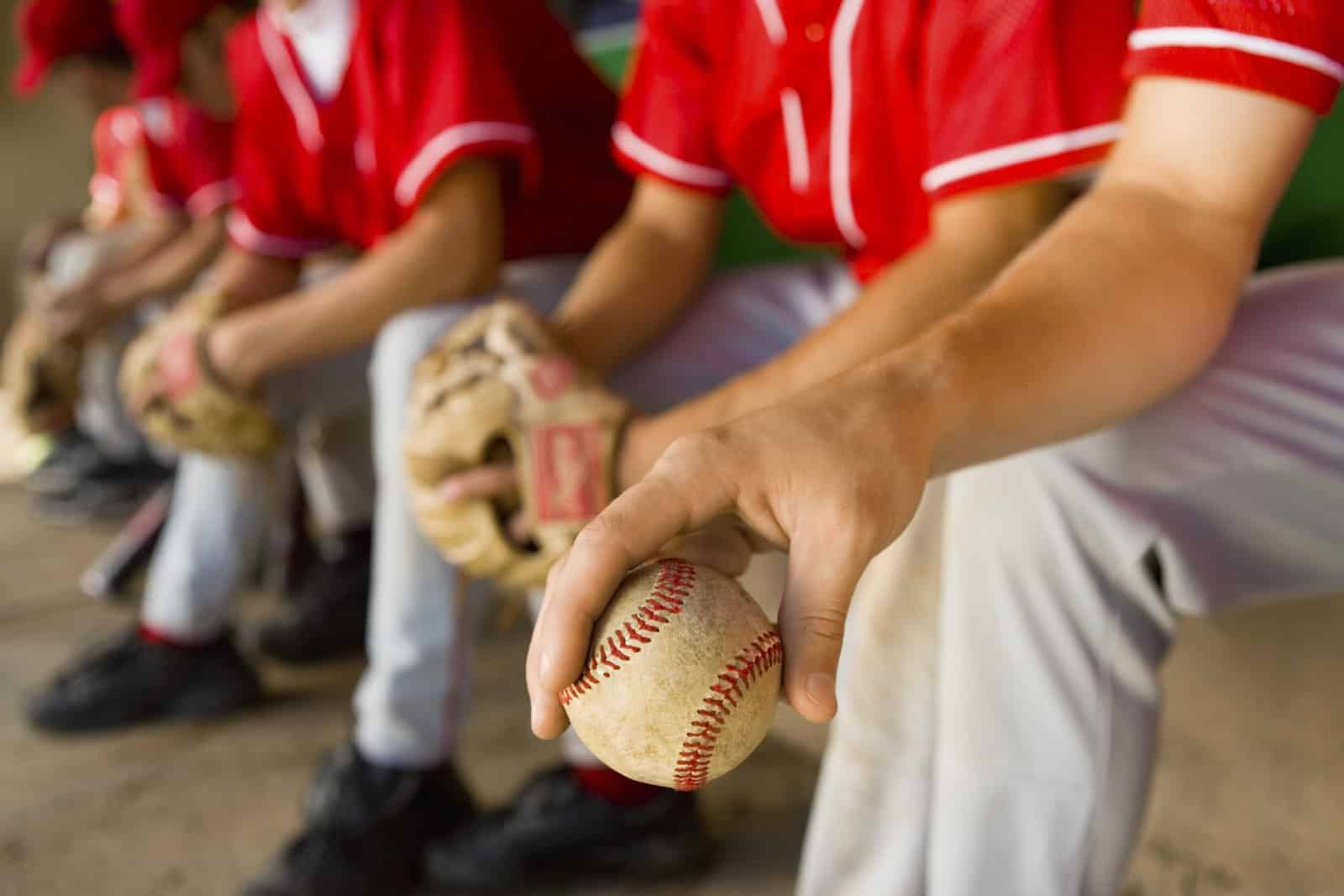
The firm, Global Rights Compliance, has alleged that several Russian and Belarusian athletes who have shown support for the ongoing war against Ukraine, which Russia still refers to as the Orwellian term “special military operation,” are set to compete in the games in Paris.
Integrity Questioned

The accusation is all the more shocking considering that the IOC has a vetting process in place designed to ensure neutrality and adherence to Olympic principles, which include excellence, respect, and friendship. The situation has generated significant debate about the integrity of the Olympics and the enforcement of its regulations.
Dossier Implicates 17 Athletes
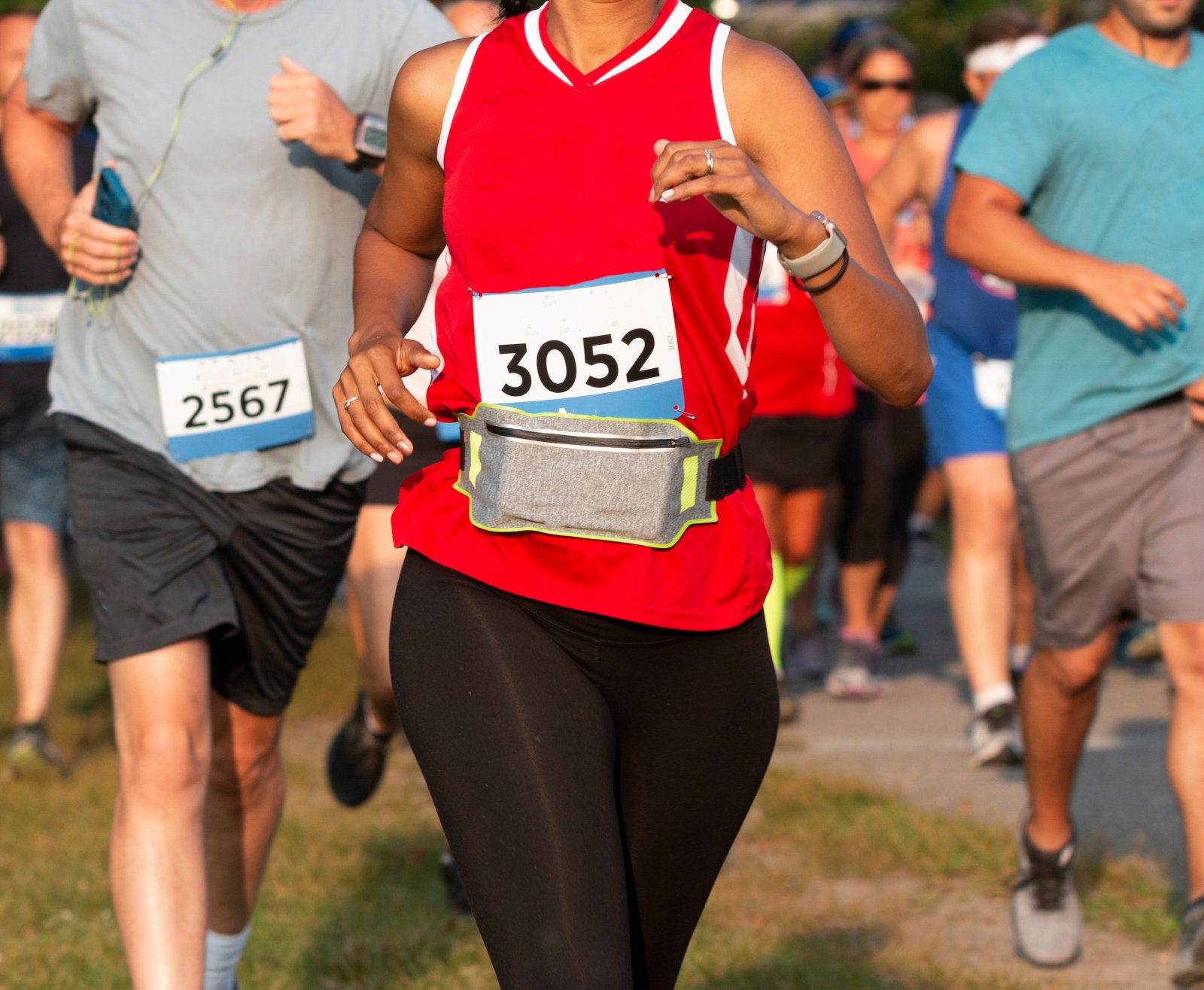
Global Rights Compliance, the law firm based in London and Kyiv which has raised the allegations, released a dossier implicating 17 athletes, arguing they had violated the IOC’s rules against supporting the war in Ukraine.
Social Media Support

The firm highlighted instances where athletes liked social media posts supporting the invasion or competed in pro-war events. For instance, cyclist Alena Ivanchenko allegedly liked a pro-USSR Instagram post featuring Joseph Stalin, which was chillingly captioned, “A truce with the enemy is possible only after its destruction!”
More Athletes Implicated
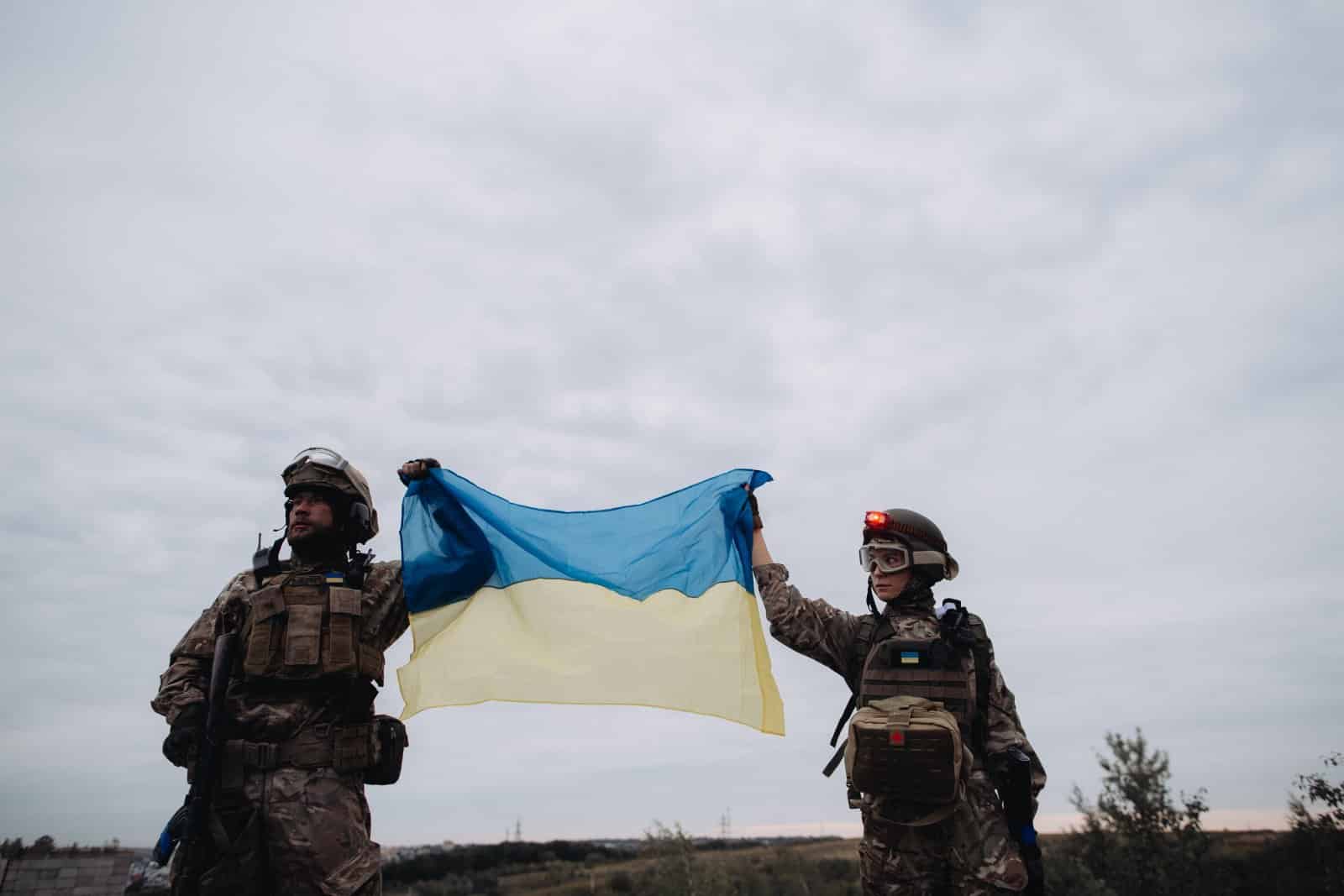
Similarly, tennis player Diana Shnaider reportedly liked posts by Kremlin propagandist Margarita Simonyan justifying Russia’s illegal invasion of Ukraine.
Special Vetting Process
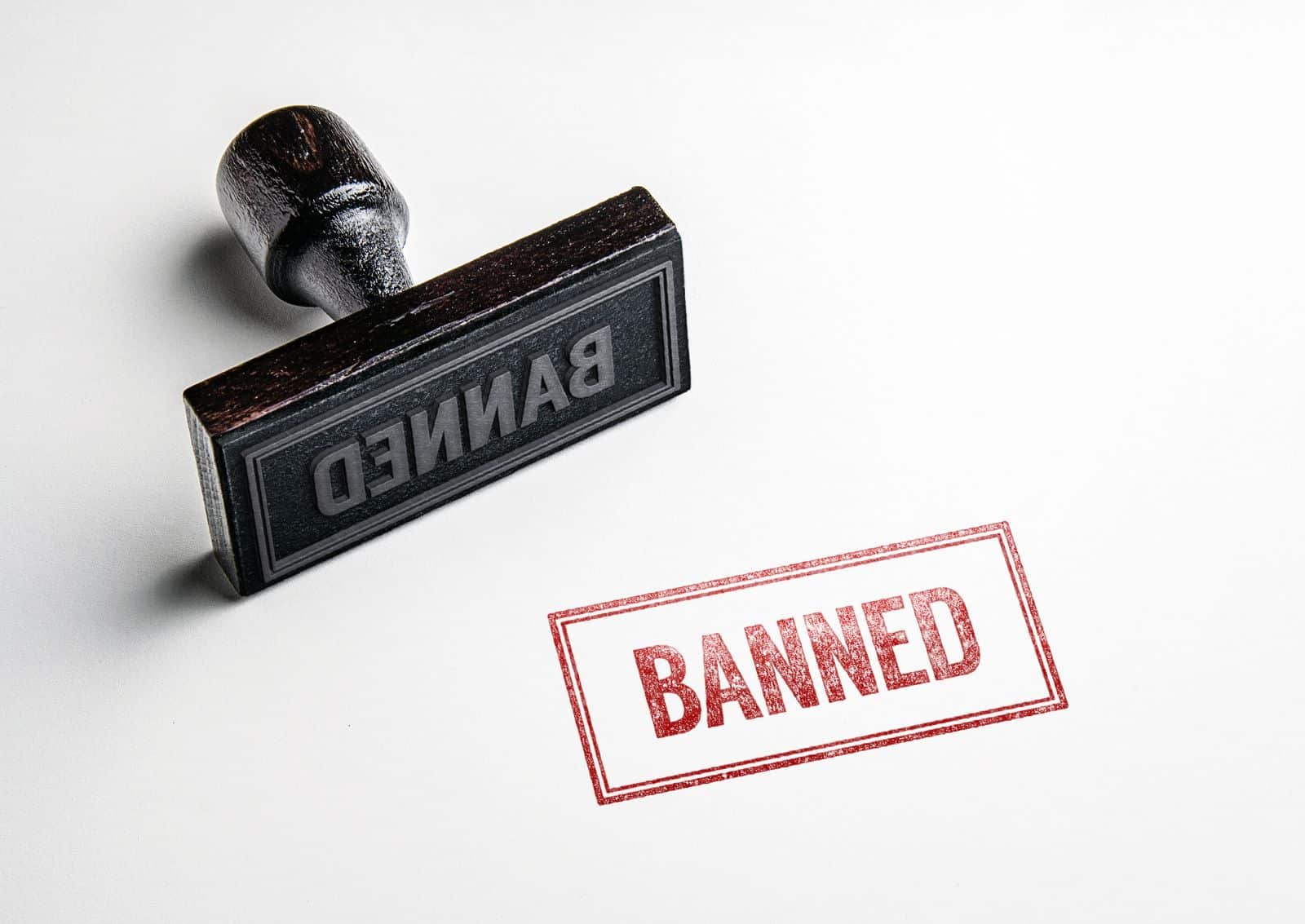
In December, the IOC introduced a special vetting process aimed at banning athletes from publicly expressing support for the war in Ukraine. This process included scrutinising social media activity and affiliations with military-linked sports clubs.
Effectiveness Questioned

Despite these measures, the law firm’s investigation suggested that several athletes who passed the IOC’s test were actually in breach of the rules, raising questions about the effectiveness of the vetting process.
Ukrainian Outrage
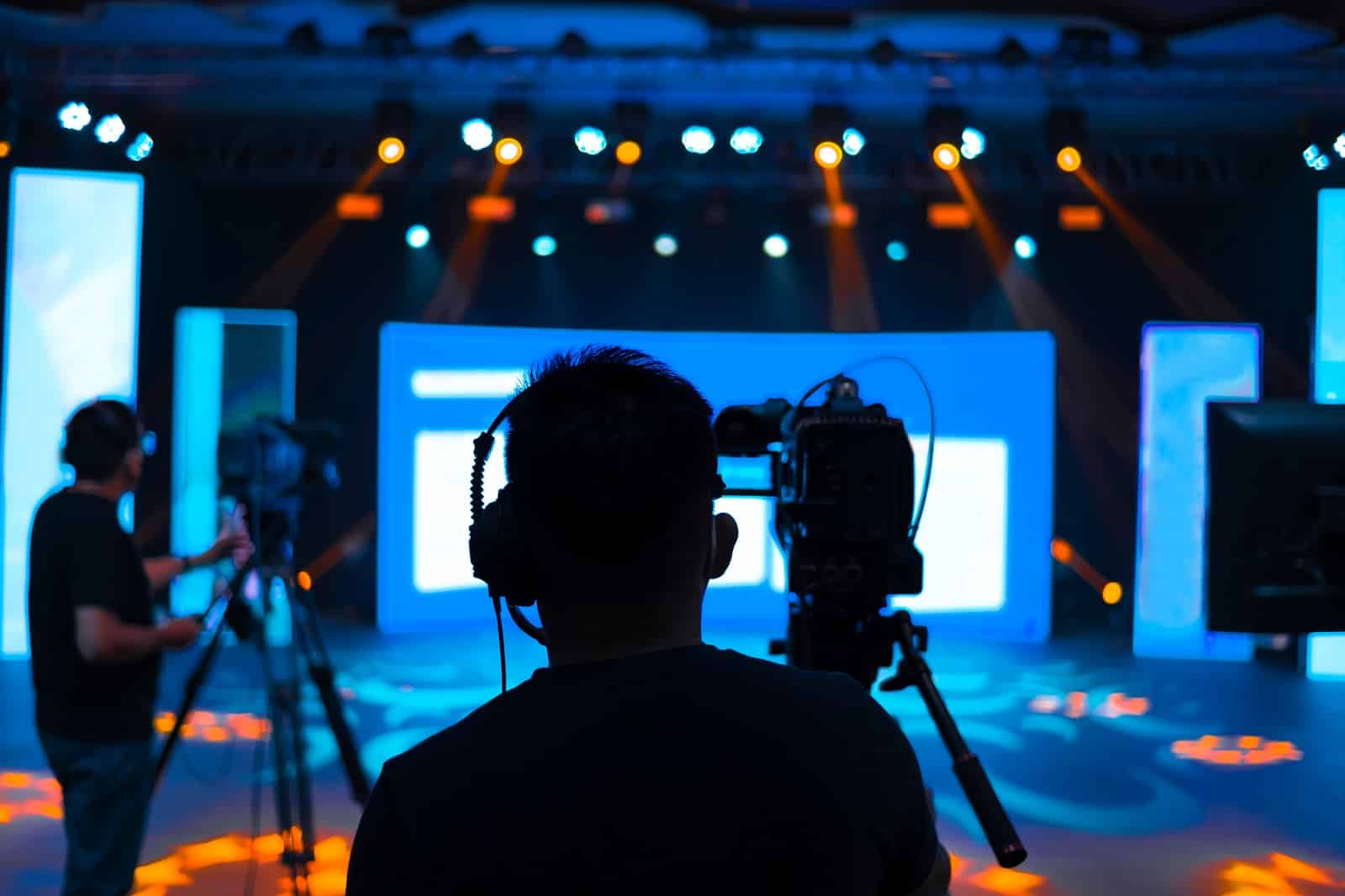
Ukrainian officials and athletes have expressed outrage over the participation of Russian and Belarusian athletes who allegedly support the war. Zhan Beleniuk, a Ukrainian MP and former gold medal winning wrestler, explained that “over 450 Ukrainian athletes had been killed in the war” and accused Russia of deliberately destroying Ukraine’s sporting infrastructure.
War’s True Toll
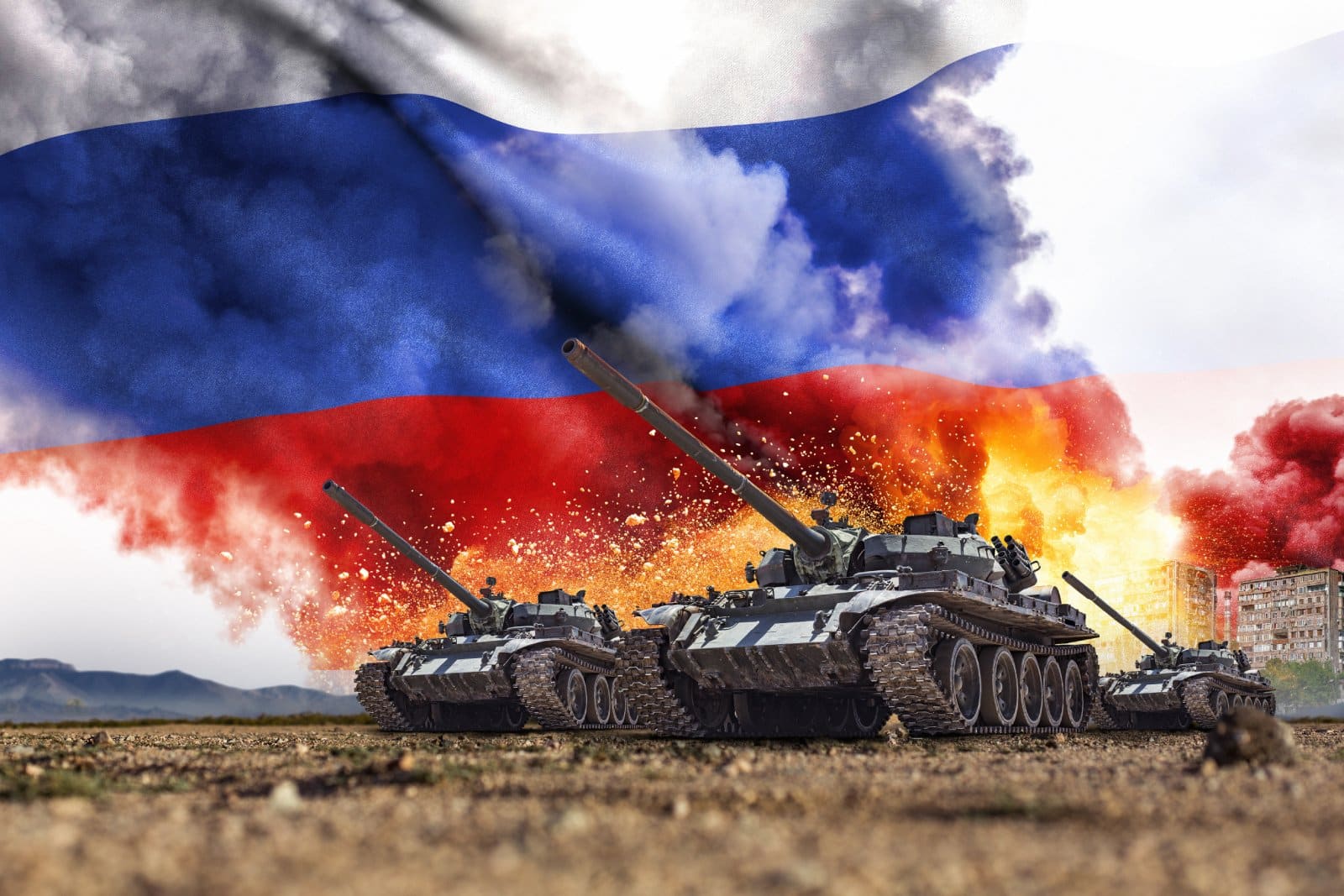
Incredibly, this Belenuik was actually understating the full scale of the carnage Russia’s war machine has unleashed on Ukrainain sporting figures, as well as the population at large. According to Ukraine’s Ministry of Youth and Sports, the war has claimed the lives of at least 487 Ukrainian athletes and coaches, with many others sustaining severe injuries.
Inspiring Resilience

Among them is runner Yana Stepanenko, who, aged 12, lost her legs in a strike on Kramatorsk. However, despite her horrific injuries, she went on to run the Boston Marathon using prosthetic legs to raise money for soldiers and civilians wounded in the ongoing war.
Stark Contrast
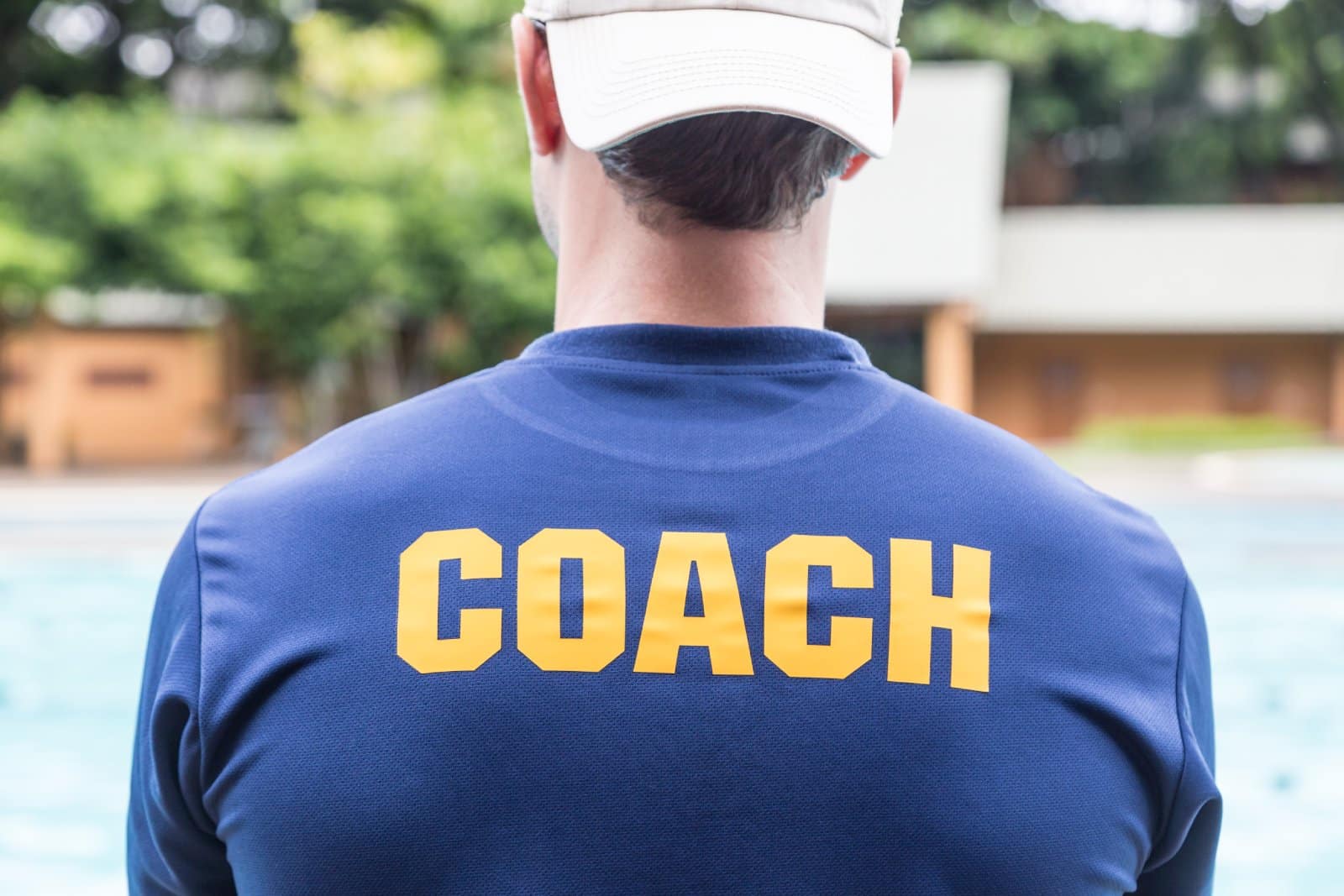
Similarly, in stark contrast to the Russian athletes who are living lives of luxury while Ukraine burns, Ukrainian judo coach Vitalii Dubrova told POLITICO, “We have many athletes who are currently on the front lines or in the National Guard. Some have even died.”
Criticism of IOC

Jeremy Pizzi, a legal adviser with Global Rights Compliance, criticised the IOC for what he termed negligence, arguing that the evidence against the athletes was easy to find. Pizzi stated, “The IOC is more than happy to try to let these things blow over because the IOC is profiting from a system where it understands that it can claim to be pro human rights. It says athletes represent the values of peace, dignity, but then it does not actually put substantive work in to ensure the Olympic Games truly represents that.”
IOC Response
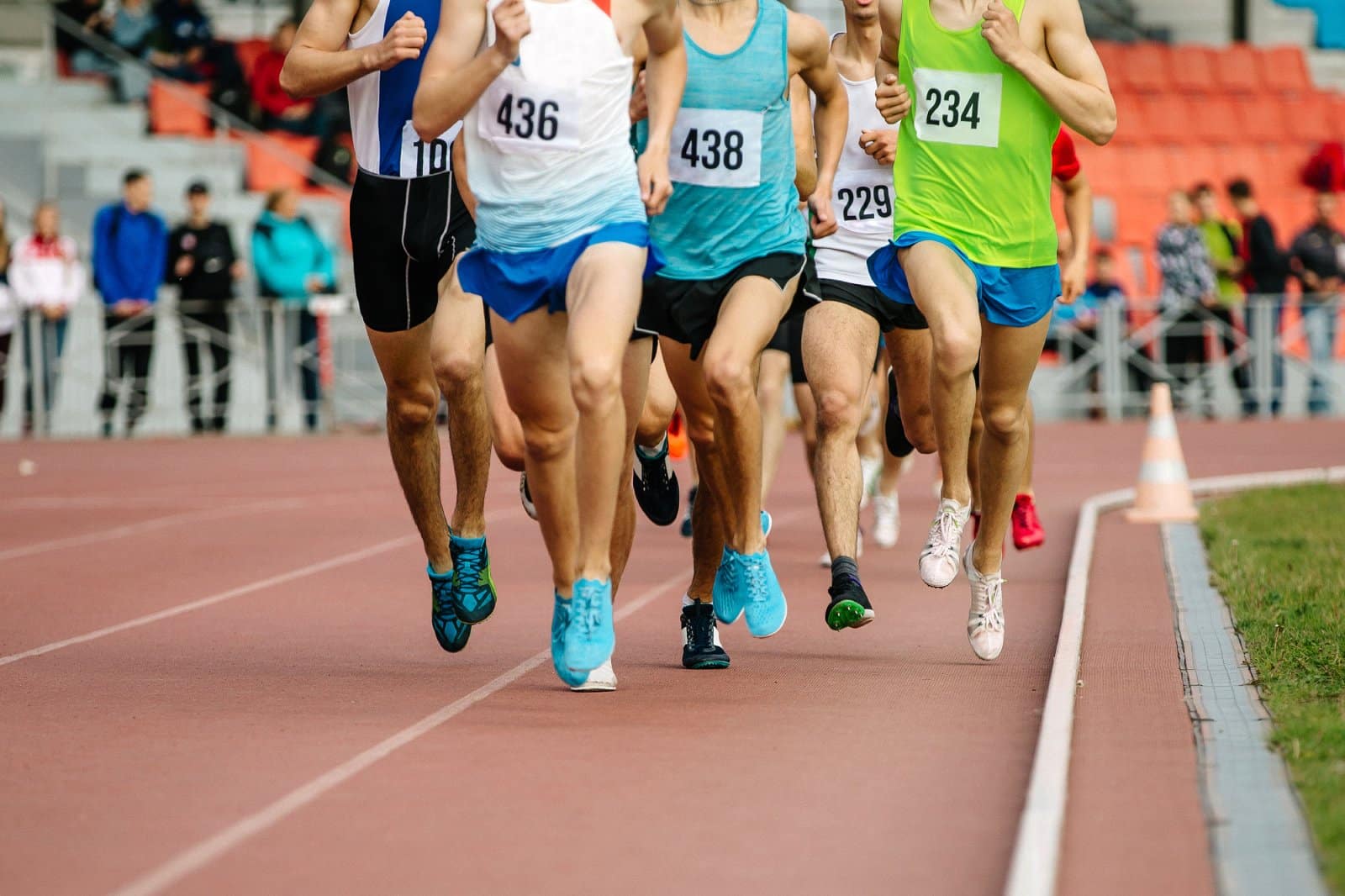
In response to the allegations, the IOC stated that it could not comment on individual athletes, emphasising that eligibility decisions were made by the Individual Neutral Athlete Eligibility Review Panel. This panel, chaired by Nicole Hoevertsz, was tasked with ensuring compliance with the principles established by the IOC Executive Board.
Broader Controversy
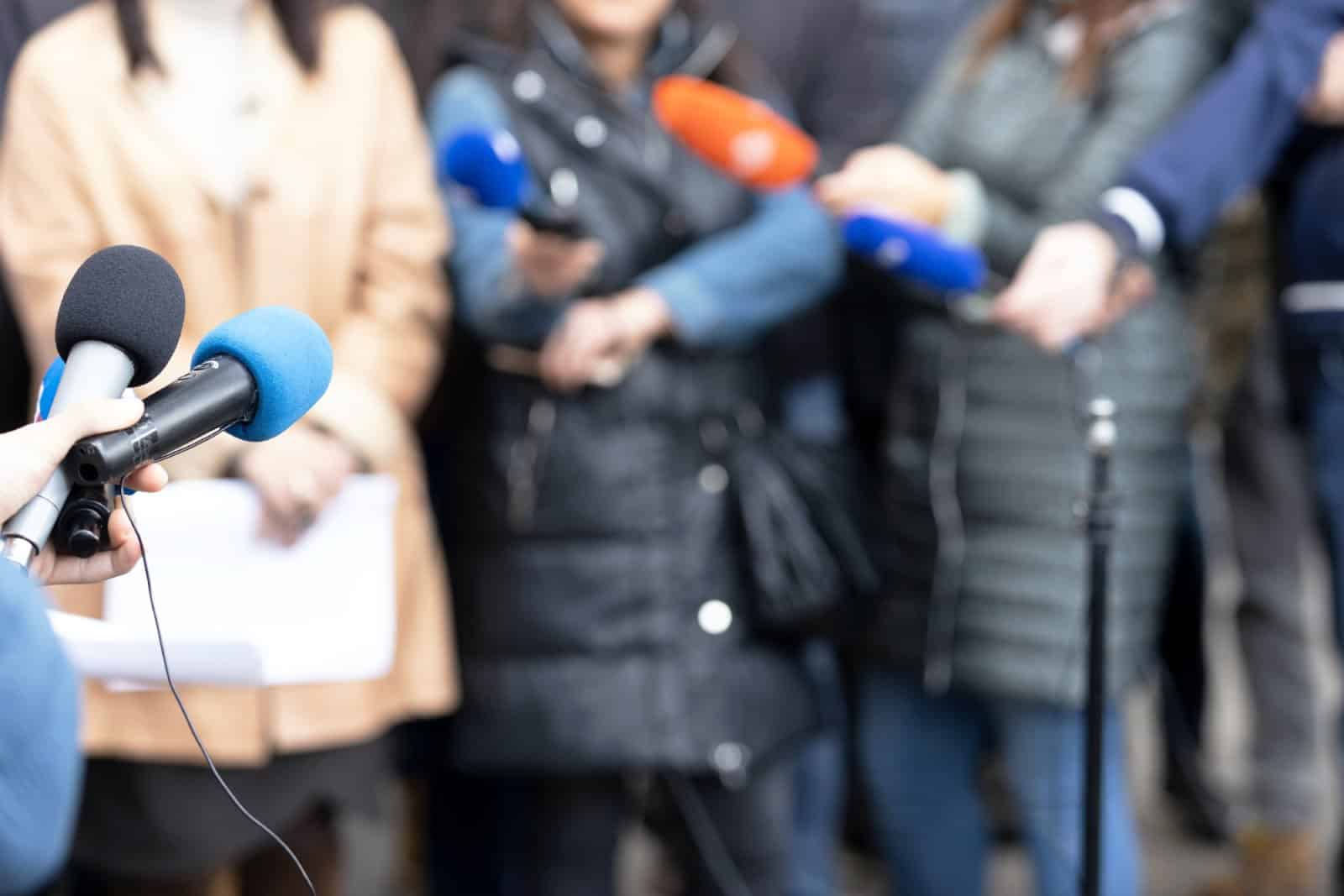
However, despite the IOC’s defence, the controversy extends beyond individual athletes to broader questions about its role and responsibilities. The inclusion of athletes who may support the war in Ukraine risks undermining the IOC’s claims to be neutral and support human rights, while also allowing athletes who have openly supported Russia’s illegal invasion of Ukraine to compete.
Shadow Over Olympics
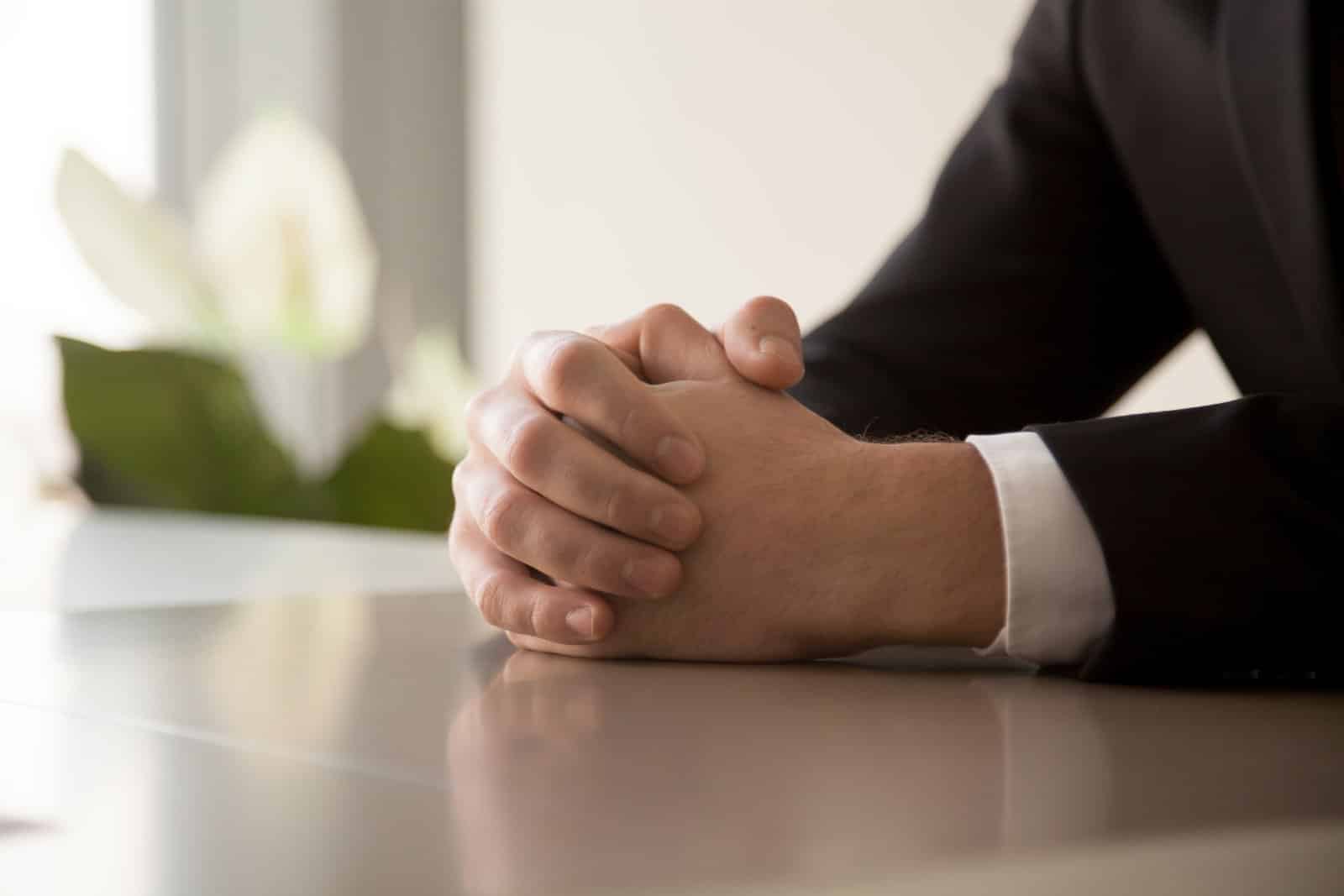
The accusations against Russian and Belarusian athletes have cast a shadow over the Paris 2024 Olympics, just as the Russian invasion of Ukraine has cast a shadow over Europe.
Scrutiny Continues

As the debate over Russian and Belarusian athletes’ inclusion continues, the IOC’s actions and the athletes’ participation will be closely scrutinised, particularly by the families of the Ukrainian athletes unable to attend either due to injury or, in the worst cases, death.
Future Uncertain
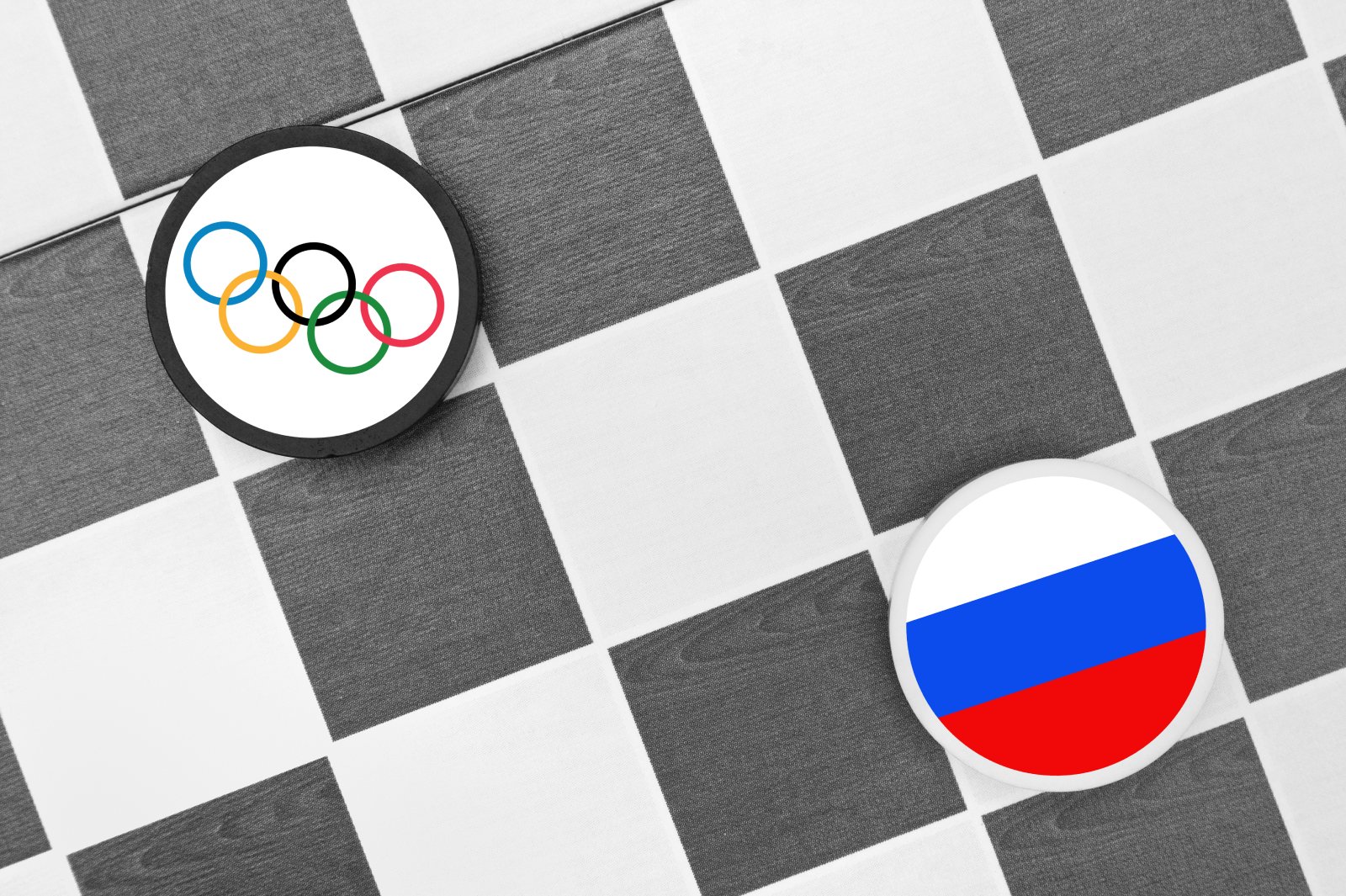
It remains to be seen whether the international condemnation of Russia in the Olympic games will affect Russia’s seemingly unending desire to continue the war against beleaguered Ukraine.
10 Worst Places to Live in the UK Today

Here’s a look at the 10 worst places to live in the UK, based on statistical analysis and local sentiment, to help you understand the challenges residents may face in these areas. 10 Worst Places to Live in the UK Today
“We Will Never Come to Help You” – Trump’s Hurtful Words Raise Concerns About EU Firepower
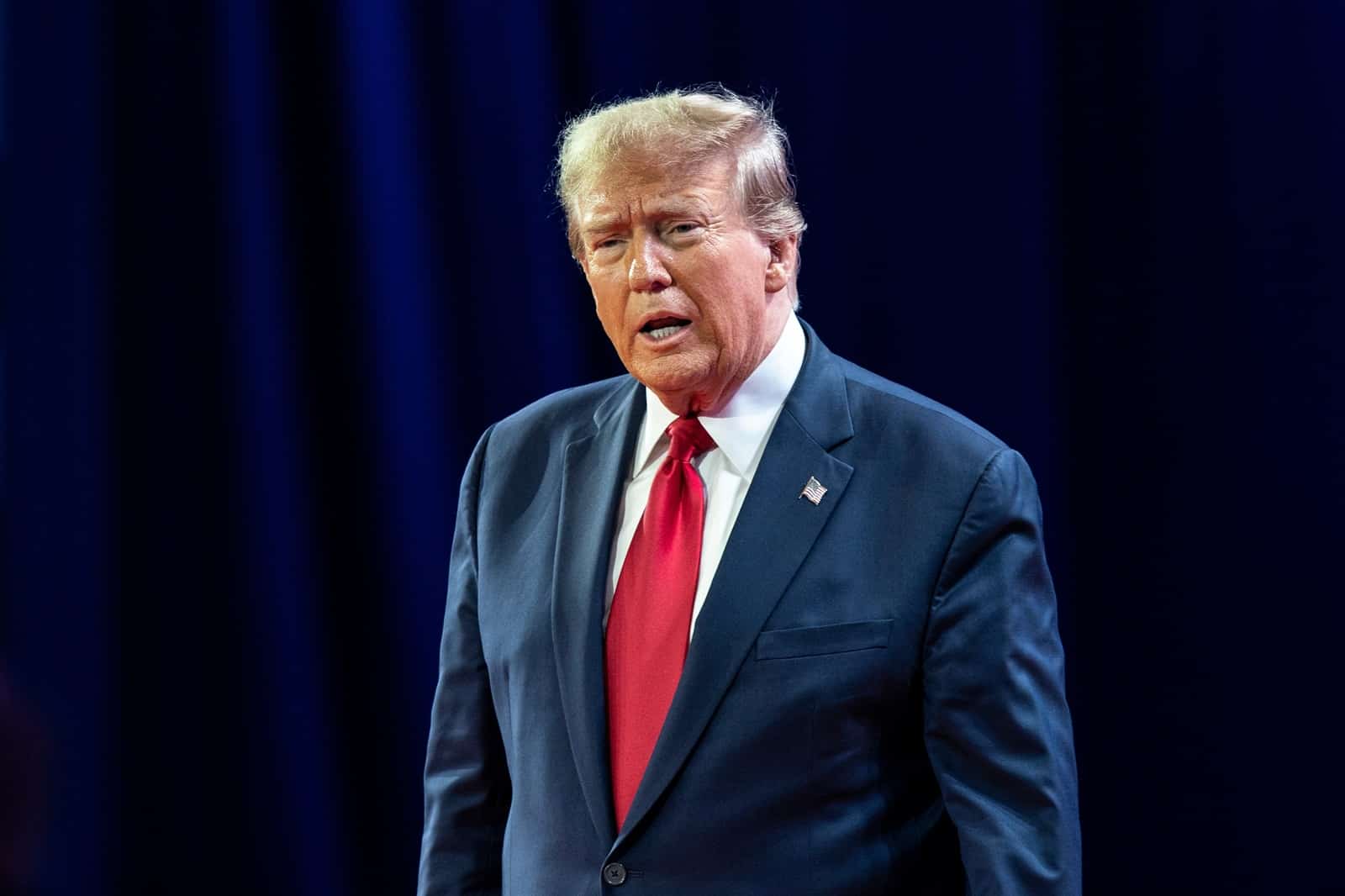
It was revealed in a conference in Brussels that former President Donald Trump said in 2020 that the US would “never help” Europe if it was attacked. Now, European nations are grouping to commit more firepower to combat Putin’s threat to democracy. “We Will Never Come to Help You” – Trump’s Hurtful Words Raise Concerns About EU Firepower
Brexit Fallout: 20 Ways the EU Is Falling Apart Without the UK
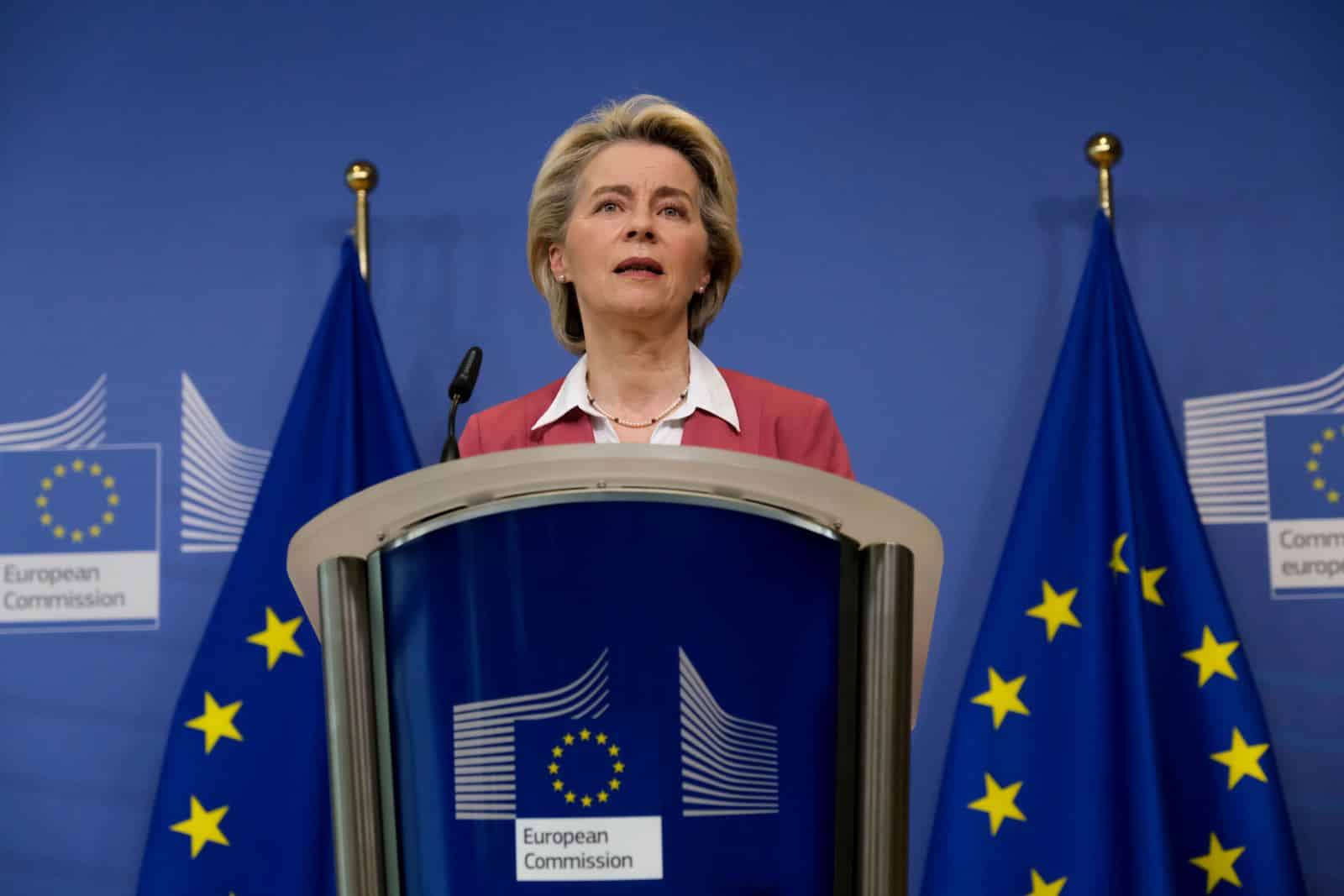
Since Brexit, the EU has been grappling with multiple crises and internal conflicts. Can the bloc hold itself together in these turbulent times? Brexit Fallout: 20 Ways the EU Is Falling Apart Without the UK
Featured Image Credit: Shutterstock / kovop.
Grant Gallacher is a seasoned writer with expertise in politics and impactful daily news. His work, deeply rooted in addressing issues that resonate with a wide audience, showcases an unwavering commitment to bringing forth the stories that matter. He is also known for satirical writing and stand up comedy.

